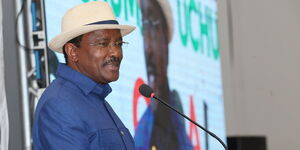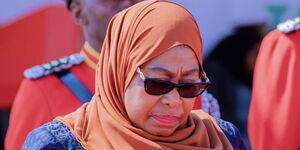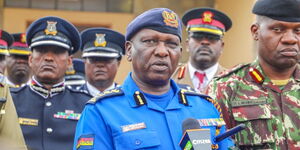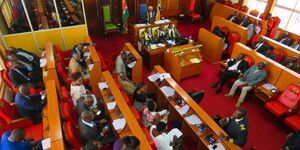After Malcolm X visited Nairobi in 1959, it is reported that the fiery African American civil rights leader and activist, discovered he had a lot in common with Pio Gama Pinto, a Kenyan of Asian origin.
It is reported that they planned a common strategy to deal with the daily humiliation and indignities suffered by both Africans and African-Americans.
Reports further claim that Pinto planned to go before the United Nations to ask that charges be brought against the United States for its treatment and racism against black people.
On February 21, 1965, in Harlem, New York, Malcolm X was murdered just three days before Pinto was killed in a similar fashion in Westlands, Nairobi.
Their murders were linked in that both were considered dangerous to vested interests.
As early as 1964, reports suggested that Pinto was going to be a serious threat to Kenya’s capitalist overlords.
Political pundits have observed that Pinto’s African socialist ideals threatened to spur on the first revolution in Kenya that was probably 95 percent capitalist.
It is alleged that he was almost at war with the capitalist conspirators, largely accused of land-grabbing, that included Kenya’s first President Jomo Kenyatta and his “Kiambu mafia”, and Western capitalism led by the US and British governments.
In 1960, after coming out of four-year detention and confinement for his role in overthrowing British colonial rule in the country, he founded the Kenya African National Union (KANU) newspaper, Sauti Ya KANU.
He later formed the Pan African Press, of which he subsequently became Director and Secretary.
Pinto played an active role in campaigning for KANU during the 1961 elections which it won.
In 1963 he was elected a Member of the Central Legislative Assembly and in July 1964 was appointed a Specially Elected Member of the House of Representatives.
Furthermore, he worked to establish the Lumumba Institute in 1964 to train KANU party officials.
It is reported that at 38-years-old, Pinto became the first Kenyan politician to be assassinated after Independence.
Among other high profile assassinations that have since occurred include, Thomas Joseph Mboya in 1969, Josiah Mwangi (JM) Kariuki in 1975 and Robert Ouko in 1990.












